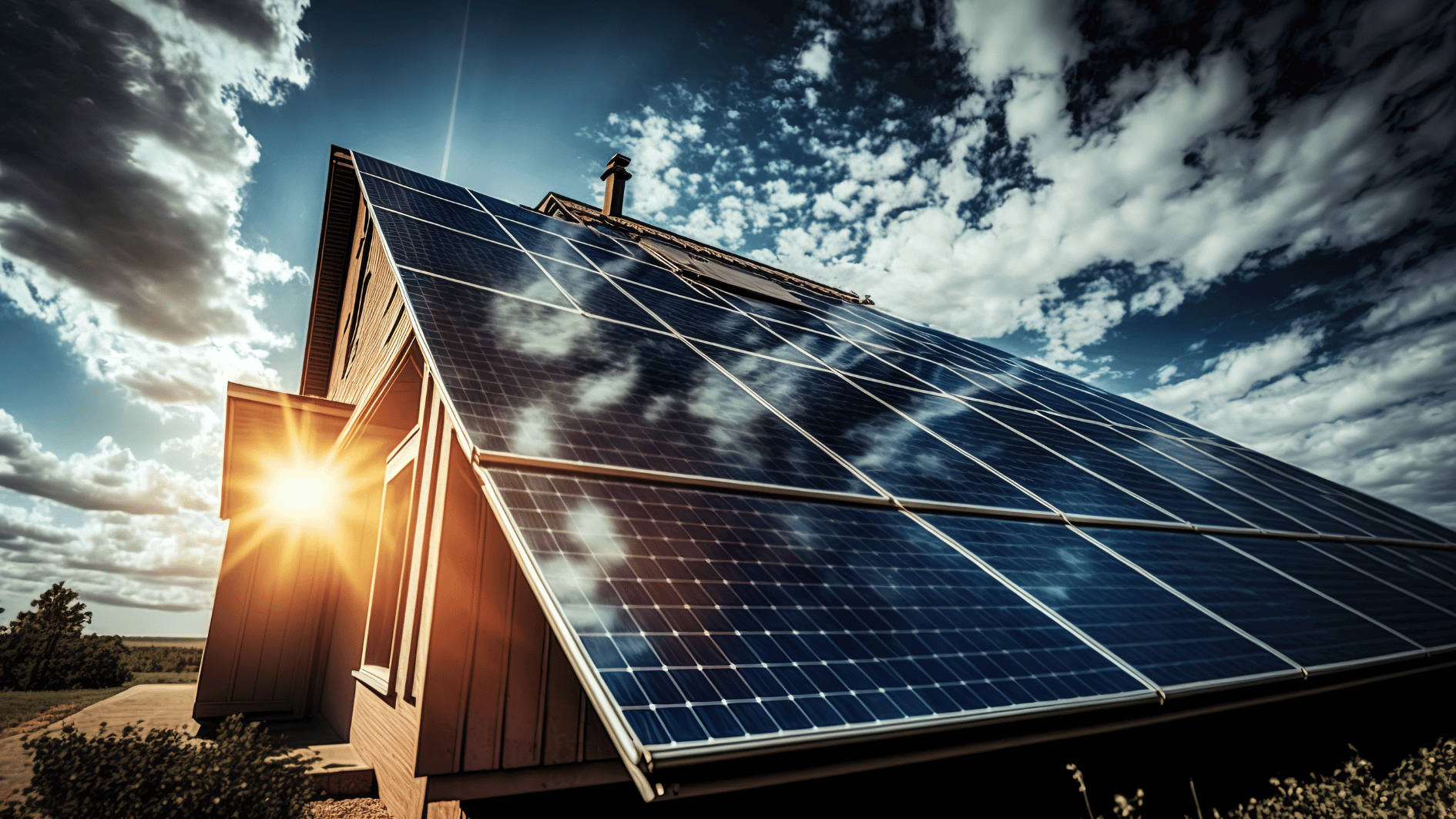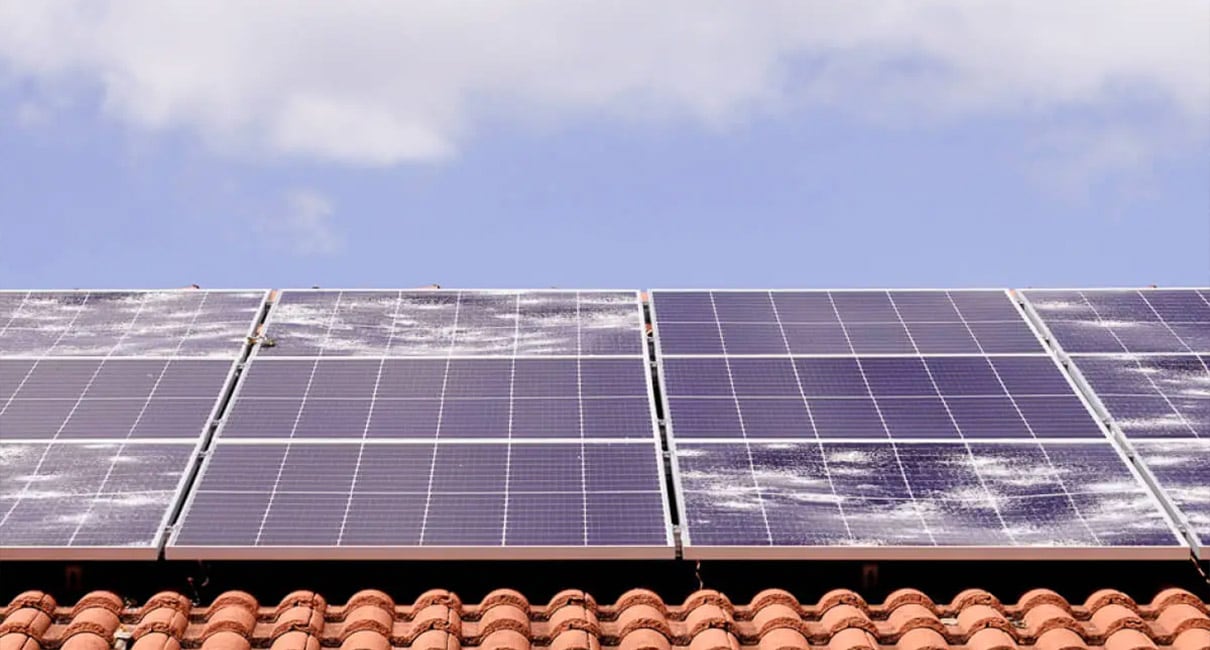Image source: VeloSolar
Like any outdoor equipment, solar panels are subject to changing weather conditions. Depending on where you live, your panels may experience heavy rain, high winds, or even hail. In this article, we’ll examine how solar panel systems withstand intense weather conditions and what government organizations and industry groups are doing to improve their products and protect consumers from weather-related solar panel damage.
Solar Panels vs. Extreme Weather: Hail and Hurricanes
Solar panels are generally very durable and hold up well in inclement weather. According to the National Renewable Energy Laboratory (NREL), a study of 50,000 solar energy systems installed between 2009 and 2013 found that only 0.1% of systems reported damaged or underperforming modules each year. Let’s take a closer look at how solar panels fare against hail and hurricanes.

The Role of Solar Energy in Disaster Resilience: How Solar Can Keep the Lights On
Solar Panels and Hail: Durability and Performance
Solar panel manufacturers rigorously test their products to ensure they can withstand hail storms. Most panels are certified to endure hail up to 25 mm (one inch) in diameter, falling at speeds of 23 meters per second (about 50 miles per hour). For example, the Office of Energy Efficiency and Renewable Energy reported that a severe hailstorm hit NREL’s main campus in Golden, Colorado in 2017. Of the 3,000 panels on a net-zero energy building, only one was damaged, despite the storm causing significant damage to cars and roofs in the area. This demonstrates that while hail is a formidable force, solar panels are designed to resist such impacts effectively.
Solar Panels and Hurricanes: Resilience and Reliability
Hurricanes, with their high wind speeds and heavy rains, pose a significant threat to outdoor structures. However, solar panels are typically tested to ensure they can withstand these conditions. Most panels are certified to endure winds of up to 2,400 pascals, equivalent to approximately 140 miles per hour. The aluminum and glass casings that house the solar cells are highly waterproof, ensuring resilience even during extreme rain.
Real-life examples further confirm solar panels’ durability in hurricanes. During Hurricane Sandy, New Jersey – one of the states with the highest solar power capacities – suffered little to no damage to its PV systems. The success of these systems is often due to the robust racking and anchoring devices used, which can flex and withstand high winds without breaking.

Efforts to Enhance Solar Panel Durability
Several organizations and initiatives are dedicated to making solar panels more durable and long-lasting. Here’s a brief overview of some key projects:
SunShot Initiative: Supported by the Office of Energy Efficiency and Renewable Energy, this initiative aims to reduce the overall cost of solar energy and improve the durability of solar panels. It funds NREL researchers involved in the International PV Quality Assurance Task Force (PVQAT), which focuses on developing solar energy technology standards.
PVQAT: This task force has 12 groups working on PV component and system quality. They aim to establish a rating system for PV modules based on climate, guidelines for factory inspections, and comprehensive certification of PV systems.
Durable Module Materials Consortium (DuraMAT): Part of the Energy Materials Network, DuraMAT focuses on improving the physical materials and designs of PV modules to enhance their durability and reduce time to market for critical clean-energy technologies.
Install Home Solar Panels for Reliable Energy
Solar panels are among the most durable and reliable energy technologies available, and ongoing industry efforts are making them increasingly resistant to severe weather damage. Installing a home solar energy system ensures that your home can produce its own power, even during extreme weather events. On SolarWiki, you can find the right solar installer for your home or business and compare offers side-by-side to secure the best deal for a long-lasting, sustainable, and reliable energy system.






